
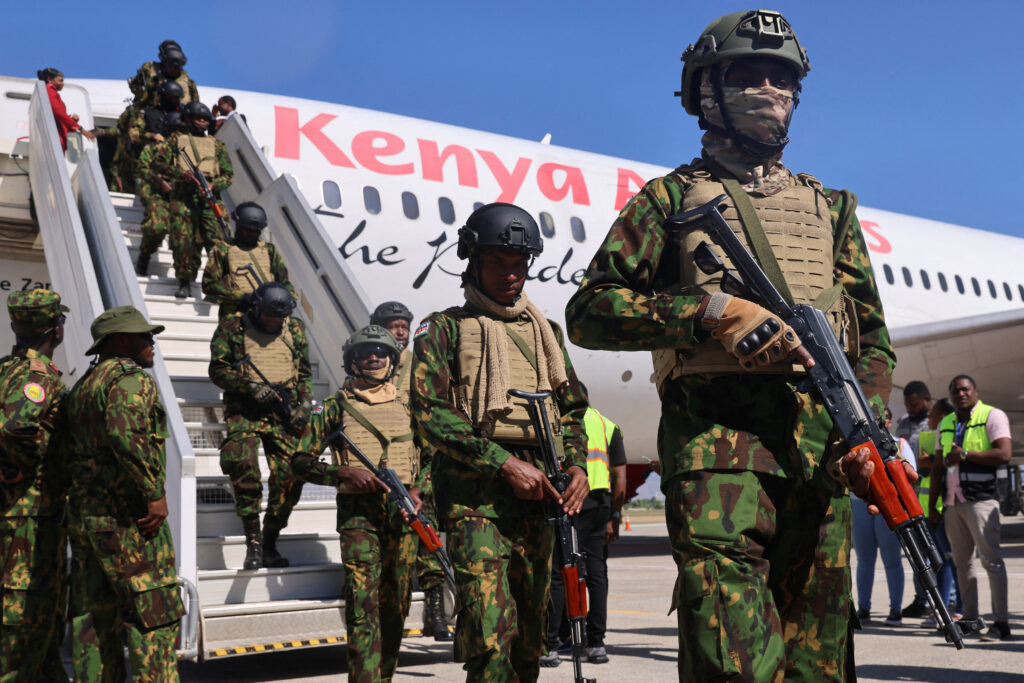
The US has thrown its support behind an expanded international security mission for Haiti, following a high-level meeting during the United Nations General Assembly that brought together top international partners.
The meeting, which was attended by Kenyan President William Ruto, US Deputy Secretary of State Christopher Landau, and other international partners, highlighted a growing consensus on the urgency of addressing Haiti’s spiralling security crisis.
Leaders agreed to the creation of a UN Support Office for Haiti (UNSOH) and the transformation of the current Multinational Security Support (MSS) mission into a larger, more robust Gang Suppression Force (GSF).
The plan, endorsed by all 32 members of the Organisation of American States (OAS), envisions deploying approximately 5,500 personnel to restore order and create conditions for the country’s long-delayed return to elected governance.
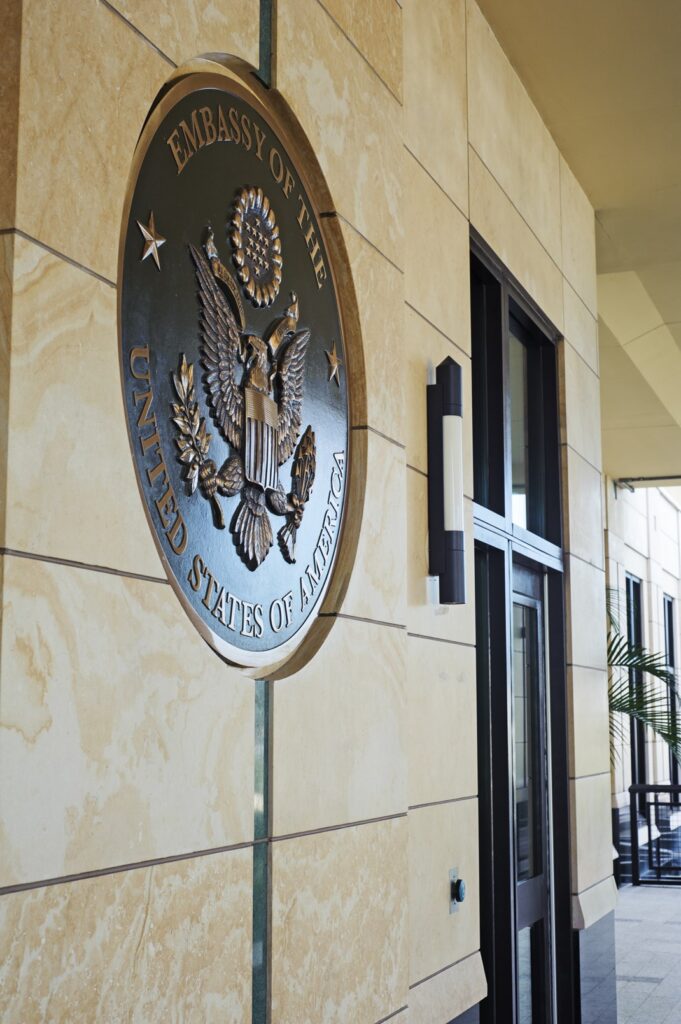
Landau praised Kenya’s leadership in spearheading the MSS mission, saying its early efforts had set the stage for this next step. “Solutions must be Haitian-led and internationally supported,” he said, calling on all UN member states to contribute. The US emphasised that while the GSF and UNSOH would provide urgently needed security tools, Haiti’s long-term recovery hinges on its own leadership and institutions.
Haiti’s plight has deepened in recent years, driven by gang violence, political instability, and humanitarian collapse. Armed groups now control large sections of Port-au-Prince, cutting off residents from food, health care, and education. Violence has spread into rural departments such as Artibonite and Centre, forcing families to flee to overcrowded shelters. The UN estimates more than 1.3 million people are internally displaced, many living in dire conditions.
The MSS mission, deployed last year under Kenyan leadership, has struggled to contain the violence. Observers cite chronic understaffing, limited funding, and coordination challenges as major obstacles. Human rights groups warn that without a larger and more effective mandate, the mission risks being overwhelmed.
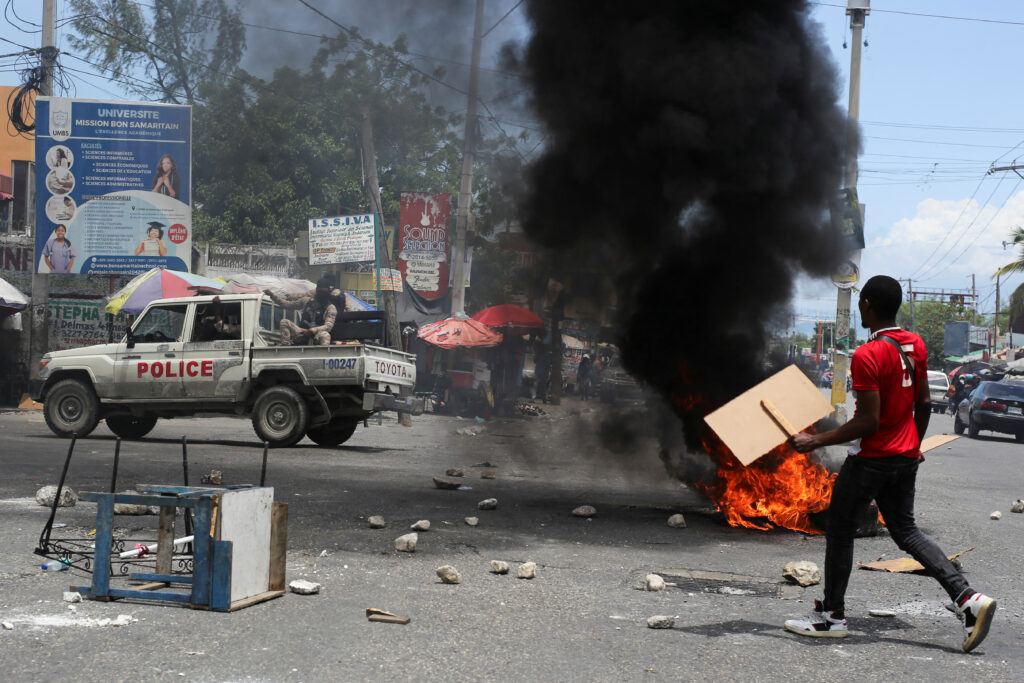
Haiti’s political vacuum has compounded the crisis. Since the 2021 assassination of President Jovenel Moïse, the country has failed to hold elections, leaving interim authorities with limited legitimacy and state institutions badly weakened. Efforts to restore democratic governance have stalled amid deep mistrust between political actors and the ever-present threat of violence.
International partners argue the new UNSOH and GSF could be decisive if properly resourced. The proposed security force would focus on breaking the power of armed gangs, while the support office would provide technical and logistical backing to stabilise the country. But officials caution that the mission alone cannot resolve Haiti’s underlying problems.
“The international community can provide breathing space, but Haitians themselves must write their future,” Landau said.
Analysts note that success will require not only more personnel and equipment, but also a stronger political commitment to ensure that security gains are matched with governance reforms, economic support, and credible steps toward elections. Without this, they warn, Haiti risks slipping further into chaos despite international intervention.

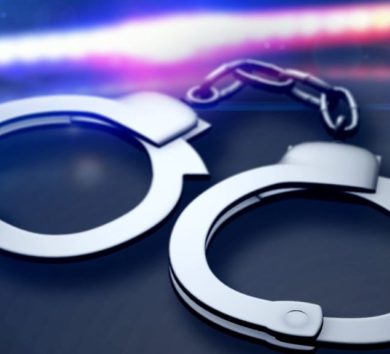
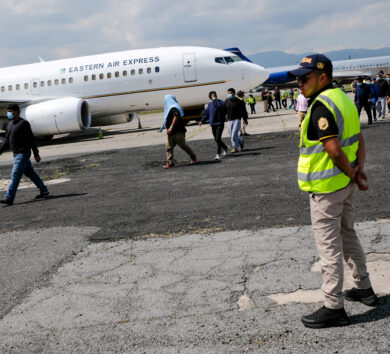
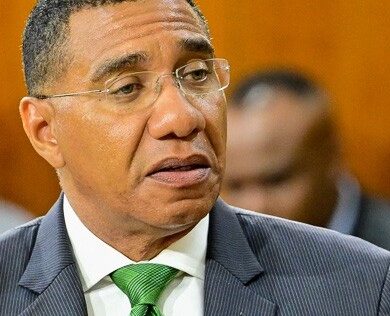
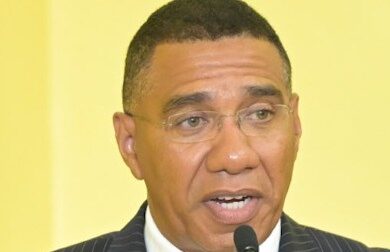
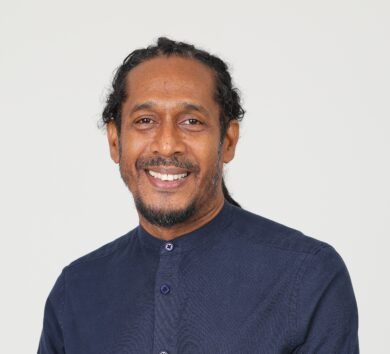

Comments